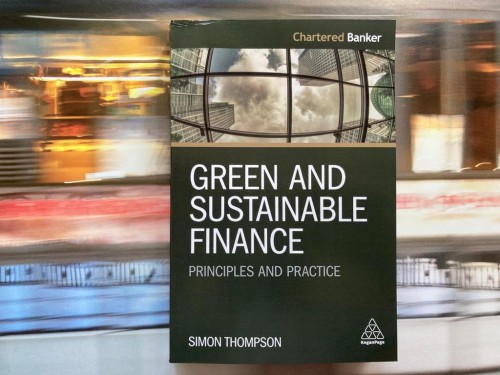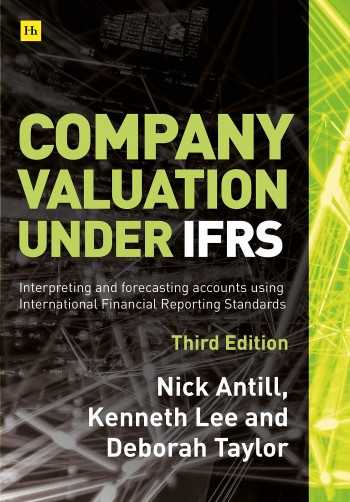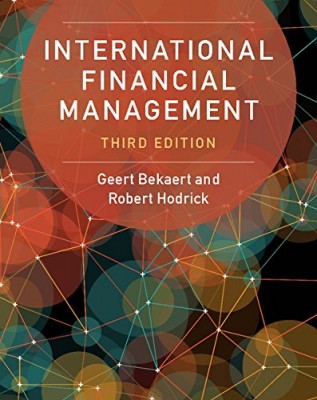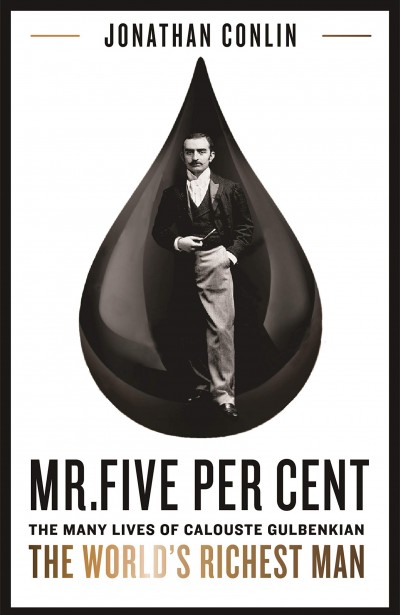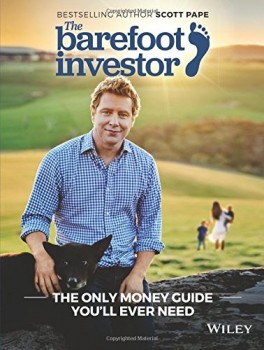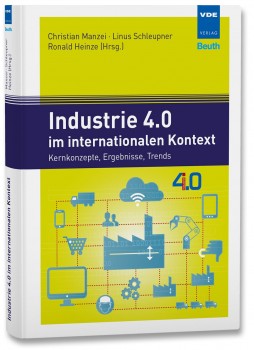Illustration Gudy Steinmill-Hommel
Dieser und andere Glaubenssätze stehen dem entspannten Umgang mit Geld oft im Weg. Dabei ist es so wichtig – und unterhaltsam –, sich über Geldfragen und all die damit verbundenen Missverständnisse auszutauschen, wie Nikolaus Braun beweist.
In 30 Geldgeschichten aus dem echten Leben öffnet der unabhängige Vermögensberater seinen wertvollen Erfahrungsschatz rund um die Themen Finanzplanung, Besitz und Reichtum. Mal komisch, mal grotesk, mal als Romanze, mal als Tragödie, laden die wahren Anekdoten dazu ein, die eigenen Haltungen und Denkmuster zu hinterfragen, und vermitteln ganz nebenbei das Einmaleins zu einem glücklichen und selbstbestimmten Umgang mit Geld.
»Das Buch ist eine Revolution, das Thema Geld wird vom Kopf auf die Füße gestellt.«
Dr. Andreas Beck, Finanzexperte und Portfoliomanager
»Ein wahres Füllhorn guter Anregungen dafür, wie Geld unserem Leben dient und nicht umgekehrt.«
Prof. Dr. Hartmut Walz, Verhaltensökonom und mehrfacher Bestsellerautor
»Wie gehen andere mit Geld um? Was beschäftigt sie, welche Gefühle leiten sie, worüber stolpern sie und wie gelingt es, finanziell zufrieden zu sein? Braun erzählt in diesem Buch Geschichten aus seiner Praxis als Honorarberater – erfrischend direkt, (selbst)reflektiert, greifbar.«
Dani Parthum, Finanzcoach und Journalistin
»Ein erfolgreicher Umgang mit Geld erfordert vor allem eines: Rationalität. Brauns Buch erlaubt einen tiefen Blick in unser meist irrationales Verhältnis zu Geld. Es zeigt, warum so viele Menschen beim Thema Geld scheitern, und hilft so, es selbst besser zu machen.« Das Buch ist im Campus Verlag erschienen – auch über Amazon zu bestellen. weiterlesen »
Die Klimakrise steht vor der Tür. Im Durchschnitt hat sich der Planet in den letzten hundert Jahren bereits um 1,2 Grad Celsius erwärmt. Um die Erde zu retten, braucht es massive Veränderungen. Inzwischen scheint sogar die Wirtschaftswelt an den Punkt gekommen zu sein, sich selbst infrage zu stellen: Die Textilbranche stellt auf Fair Trade um, die Lebensmittelbranche auf Bio, und auch die Finanzwelt will grüner werden. Deshalb gibt es seit einigen Jahren eine neue Kategorie: die sogenannten grünen Geldanlagen, die angeblich nur verantwortungsvolle Unternehmen unterstützen. weiterlesen »
Illustration Gudy Steinmill-Hommel
More than 120 countries have committed to net zero targets by 2050, requiring systemic economic transitions on an unprecedented scale and with the finance sector playing a leading role. Green finance will power the transition, ensuring capital flows to the firms, investments, projects and technologies looking to create a sustainable, low-carbon world.
weiterlesen »
Revised and updated.The influence of International Financial Reporting Standards (IFRS) on accounting across the world is stronger than ever. Most importantly, this stems from the mandatory adoption of IFRSs in many parts of the world, including Europe, Canada, Australia, Brazil and, with some relatively small exceptions, China. Additionally, foreign registrants in the US are also permitted to use IFRS by the SEC.
weiterlesen »
This new and fully updated edition of International Financial Management blends theory, data analysis, examples and practical case situations to equip students and business leaders with the analytical tools they need to make informed financial decisions and manage the risks that businesses face in today’s competitive global environment. Combining theory and practice, the authors offer the reader a multitude of real-world examples and case studies, emphasising fundamental concepts, principles and analytical theories to enable students to understand not only what to do when confronted with an international financial decision, but why that choice is the correct one. weiterlesen »
When Calouste Gulbenkian died in 1955 at the age of 86, he was the richest man in the world, known as ‘Mr Five Per Cent’ for his personal share of Middle East oil. The son of a wealthy Armenian merchant in Istanbul, for half a century he brokered top-level oil deals, concealing his mysterious web of business interests and contacts within a labyrinth of Asian and European cartels, and convincing governments and oil barons alike of his impartiality as an ‘honest broker’. Today his name is known principally through the Gulbenkian Foundation in Lisbon, to which his spectacular art collection and most of his vast wealth were bequeathed.
This is the only money guide you’ll ever need. That’s a bold claim, given there are already thousands of finance books on the shelves. So what makes this one different?
Well, you won’t be overwhelmed with a bunch of ‘tips’ … or a strict budget (that you won’t follow).
You’ll get a step-by-step formula: open this account, then do this; call this person, and say this; invest money here, and not there. All with a glass of wine in your hand.

Kantar Worldpanel hat die neuen Verkaufszahlen für das zweite Quartal veröffentlicht. Danach hat sich das Samsung Galaxy S7 in den USA besser als das Apple iPhone 6S verkauft. 16 Prozent der Käufer entschieden sich für das Top-Smartphone Samsung aus Korea. Bei Apple dürfte man diese Zahlen nicht gern lesen,
weiterlesen »
Das IHS hat ein iPhone SE zerlegt. Es ging dem Marktforschungsunternehmen dabei nicht um die Reparierbarkeit des iPhone, sondern interessanter Weise um die Material und Fertigungskosten. Diese liegen für das 16 GB-Modell bei ca. 160 Dollar, rund 140 Euro. Der Löwenanteil dabei entfällt auf das Material mit ca. 156,20 Dollar. Für die 16GB-Variante zahlt man knapp 400 Dollar und damit mehr als das Doppelte. In dieser Rechnung sind weder die Kosten für Entwicklung noch für den Transport enthalten. IHS-Analyst Andrew Rassweiler meint, dass die 64 GB-Version Apple deutlich mehr Profit bringt: „Apple verkauft das Telefon mit dem größeren Speicher für 100 Dollar mehr, hat selbst aber nur 10 Dollar zusätzliche Kosten.”
- Überblick über Industrie 4.0 und ähnliche, internationale Aktivitäten – Vorstellung der wichtigsten
Bestandteile und wesentlichen Aspekte des Gesamtkonzepts “Informatisierung der Wertschöpfungskette”
- Wie kann das Ziel der intelligenten Fabrik Smart Factory erreicht werden?
- Welche Auswirkungen hat die “Informatisierung der Wertschöpfungskette” auf Unternehmen, Prozesse und Supply Chain?
- Welche Potenziale ergeben sich aus der massiven Nutzung des Internets, der Integration von technischen Prozessen und Geschäftsprozessen, der digitalen Abbildung und Virtualisierung der realen Welt?
- Wie können intelligente Produkte produziert werden?

